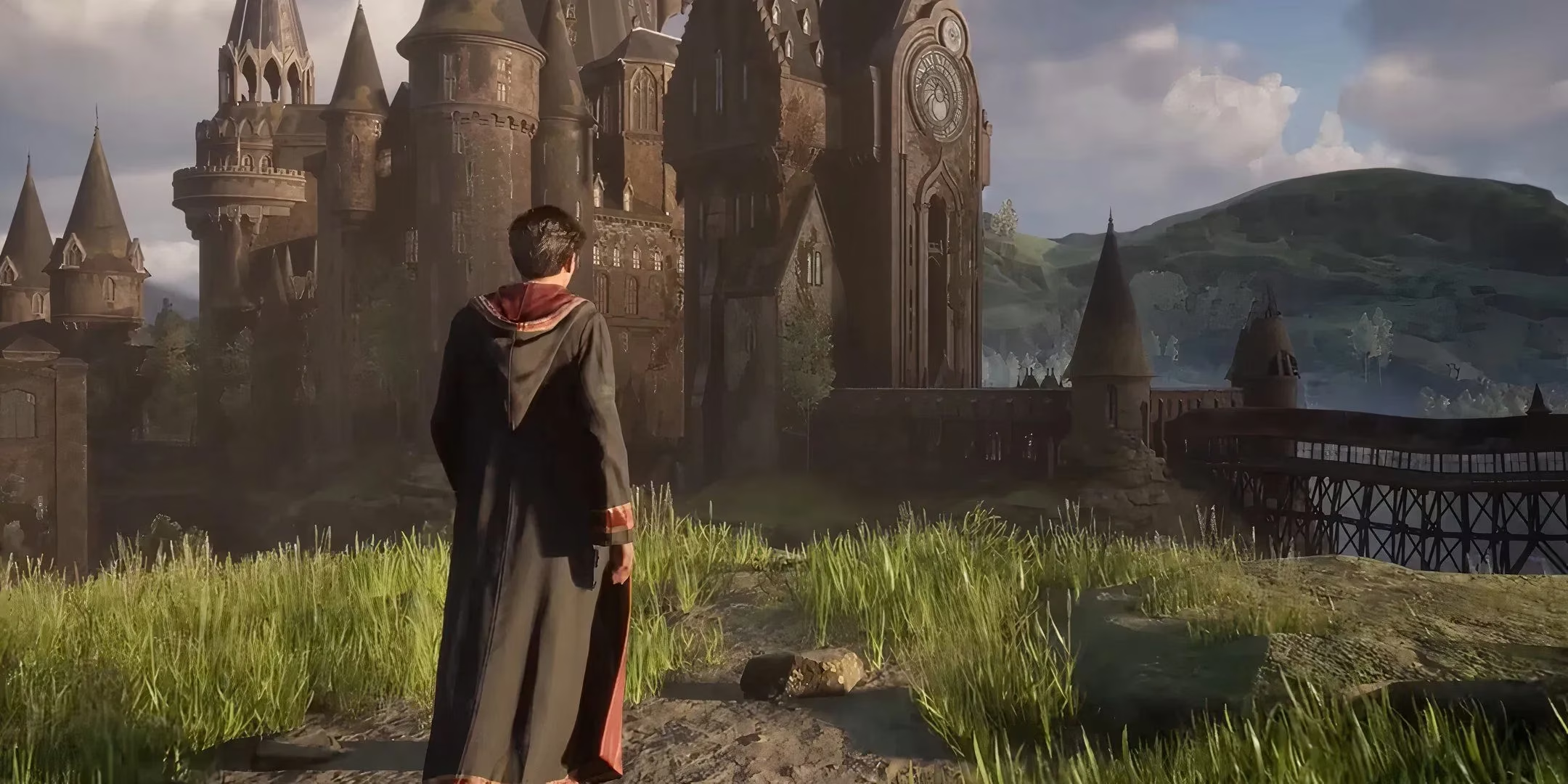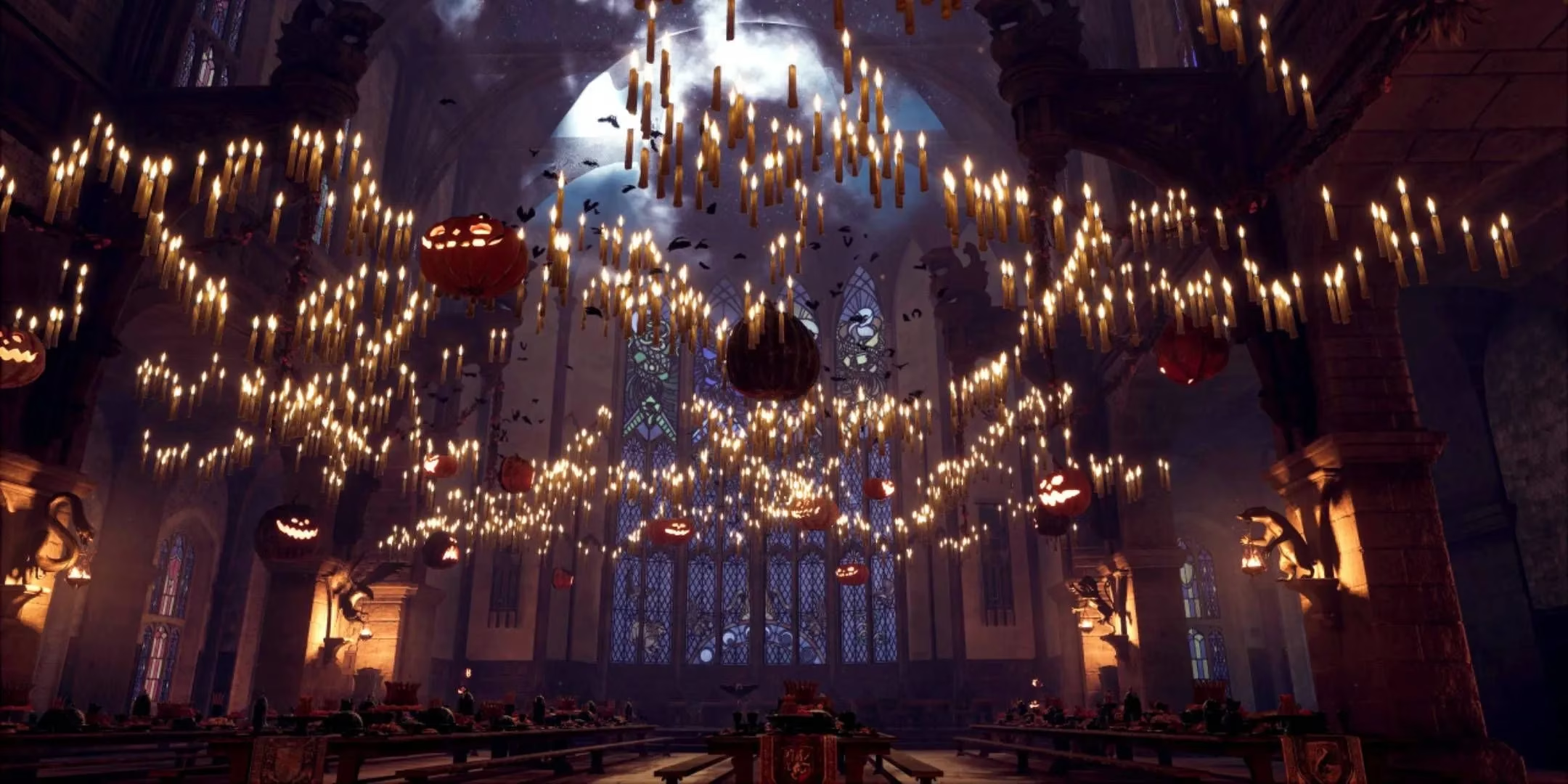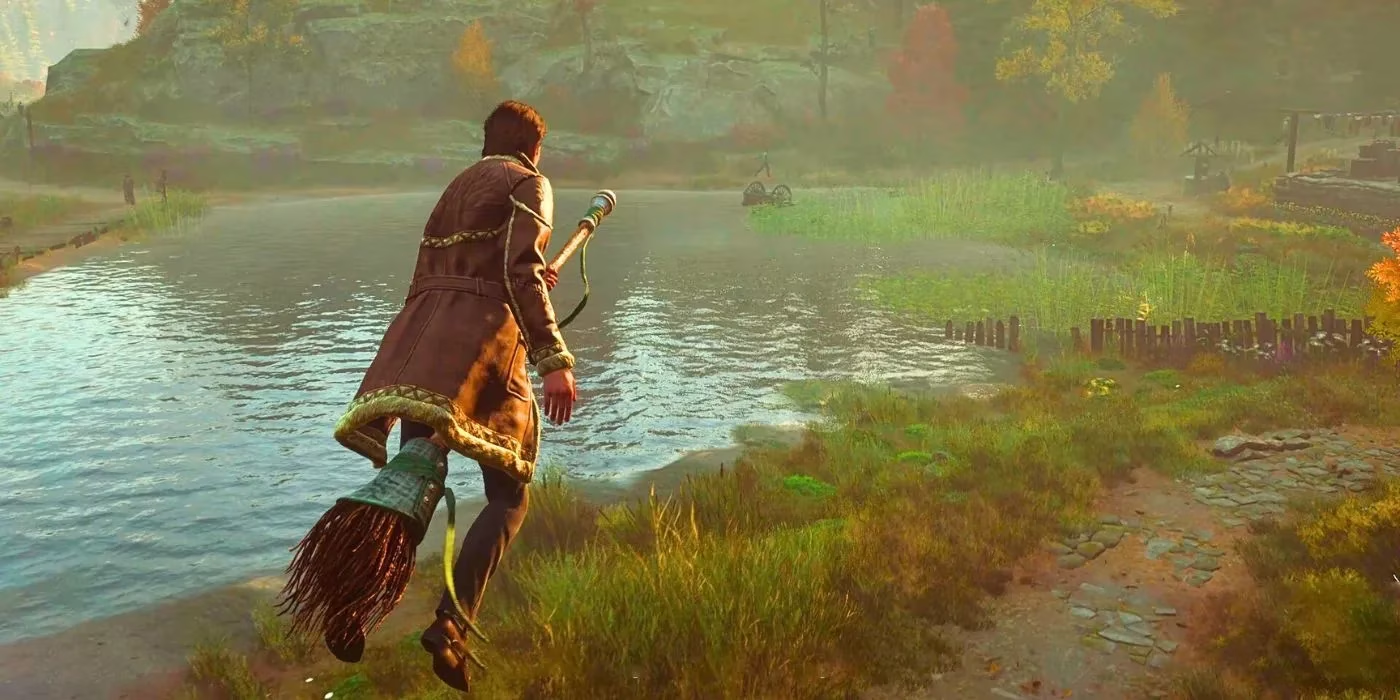Hogwarts Legacy 2: The Delicate Dance of Magic and Expectation
Hogwarts Legacy's sequel faces high expectations and legacy challenges, balancing magic, innovation, and fan desires in a captivating wizarding world.
The castle stood eternal, its stones whispering secrets across centuries as another generation of witches and wizards awaited their parchment-thin invitation. Hogwarts Legacy, that enchanted portal to J.K. Rowling's universe, had cast its spell upon millions in 2023, becoming a global phenomenon that transcended mere gaming. Now in 2025, anticipation hangs thick as London fog for its sequel—a brewing potion of hope, trepidation, and wildly divergent dreams. Warner Bros. Games has confirmed the cauldron's stirring, yet the path forward is fraught with more peril than a forbidden forest at midnight. How does one follow a spellbinding act that sold over 15 million copies? The answer lies not in grand innovations, but in honoring the magic already woven.
The Heavy Mantle of Legacy
Fan expectations swirl like unruly patronuses—some crave the coziness of herbology classes and butterbeer by the hearth, whispering for a Hogwarts Simulator where stress melts like chocolate frogs. Others hunger for dragon-riding expeditions beyond the Scottish highlands, their wands itching for darker battles. This schism creates an impossible tightrope: satisfy one faction, alienate another. Avalanche Software's challenge isn't just technical; it's alchemical. To blend these desires would require a philosopher's stone even Dumbledore couldn't conjure. Yet the studio's silence speaks volumes—no trailers, no teasers, just the weight of what could be.

The HBO Specter: A Dangerous Alliance
Warner Bros.' decree that the sequel must intertwine with HBO's upcoming Harry Potter TV adaptation feels like forcing firewhisky into pumpkin juice. Sure, they share Hogwarts' hallowed halls—the stone gargoyles, the shifting staircases—but their timelines diverge by a century. David Haddad's vision of synergy threatens to shackle the game's narrative wings. Remember those delightful Easter eggs in the first installment? The vanishing cabinet nod, the portrait whispers? That's the golden standard—subtle winks, not cringe-worthy cameos from young Dumbledore or recycled plotlines. Keep them separate, fans plead. Let the game breathe its own air, or risk becoming a house-elf serving two masters.
Live-Service: The Dementor's Kiss
Rumors of multiplayer microtransactions hovering over Quidditch pitches provoke shudders. After Suicide Squad: Kill the Justice League's messy launch and Mortal Kombat 1's grindy cosmetics, Warner's live-service obsession feels like a cash grab disguised as innovation. Hogwarts Legacy thrived precisely because it was a solitary journey—your owl, your choices, your butterbeer-soaked camaraderie with fellow students. Stuffing it with battle passes and cosmetic shops? That's how you bloat a basilisk. The magic was in the offline immersion—the rustle of pages in the library, the personalized common room—not some always-online circus. As one Reddit thread aptly put it: "Don't fix what ain't broken, bruh."
The Fractured Heart of Fandom
Peek into any online forum, and the desires splinter like a broken wand:
-
🪄 The Cozy Crafters: "Let me tend to mooncalves in the greenhouse! Make potions while it rains outside!"
-
⚔️ The Adventurers: "Take us to MACUSA or Azkaban! Give us an international dark wizard hunt!"
-
📚 The Purists: "More classes! More O.W.L.s! Let us actually fail exams!"
This isn't just preference—it's identity. The first game's brilliance was its balance: lighthearted Hogsmeade visits punctuated by troll battles. Yet with Warner pushing show ties and live-service elements, the sequel risks becoming a chimera that satisfies nobody. Too much HBO? The story feels borrowed. Too many microtransactions? The immersion shatters. It's a classic lose-lose.

The Blueprint: Why Simplicity Wins
Here's the crux: Hogwarts Legacy soared because it let players live the fantasy. The sequel's salvation lies not in reinvention, but refinement. Deeper RPG systems—meaningful house rivalries, friendships that alter endings—could build on existing foundations. Keep the castle's heartbeat central, but expand its corridors vertically: secret rooms, time-shifted dungeons, maybe even a Marauder's Map-esque mechanic. And for Merlin's sake, no forced connections to the HBO series. Easter eggs? Lovely. Direct plot overlaps? A one-way ticket to disappointment town.

A Personal Incantation for Tomorrow
So where does this leave us in 2025? Cautiously hopeful. Avalanche has the tools: the castle's soul, the spell-crafting brilliance, the lore-deep well. My gut says the sequel will launch with minimal HBO ties and optional multiplayer—a compromise to appease Warner's suits without gutting the single-player heart. But the real magic? It’ll come from doubling down on what worked: that first flight on a hippogriff, the gasp when a puzzle unlocked. Perhaps they’ll set it during the 1890 goblin rebellion, or introduce animagi gameplay. Whatever the path, the wonder must remain untouched—a Pensieve of pure escapism. After all, in a world mired in notifications and noise, we still need places where the only microtransaction is trading chocolate frog cards. Here’s to hoping Avalanche remembers: Sometimes, the simplest spells cast the longest shadows. ✨
